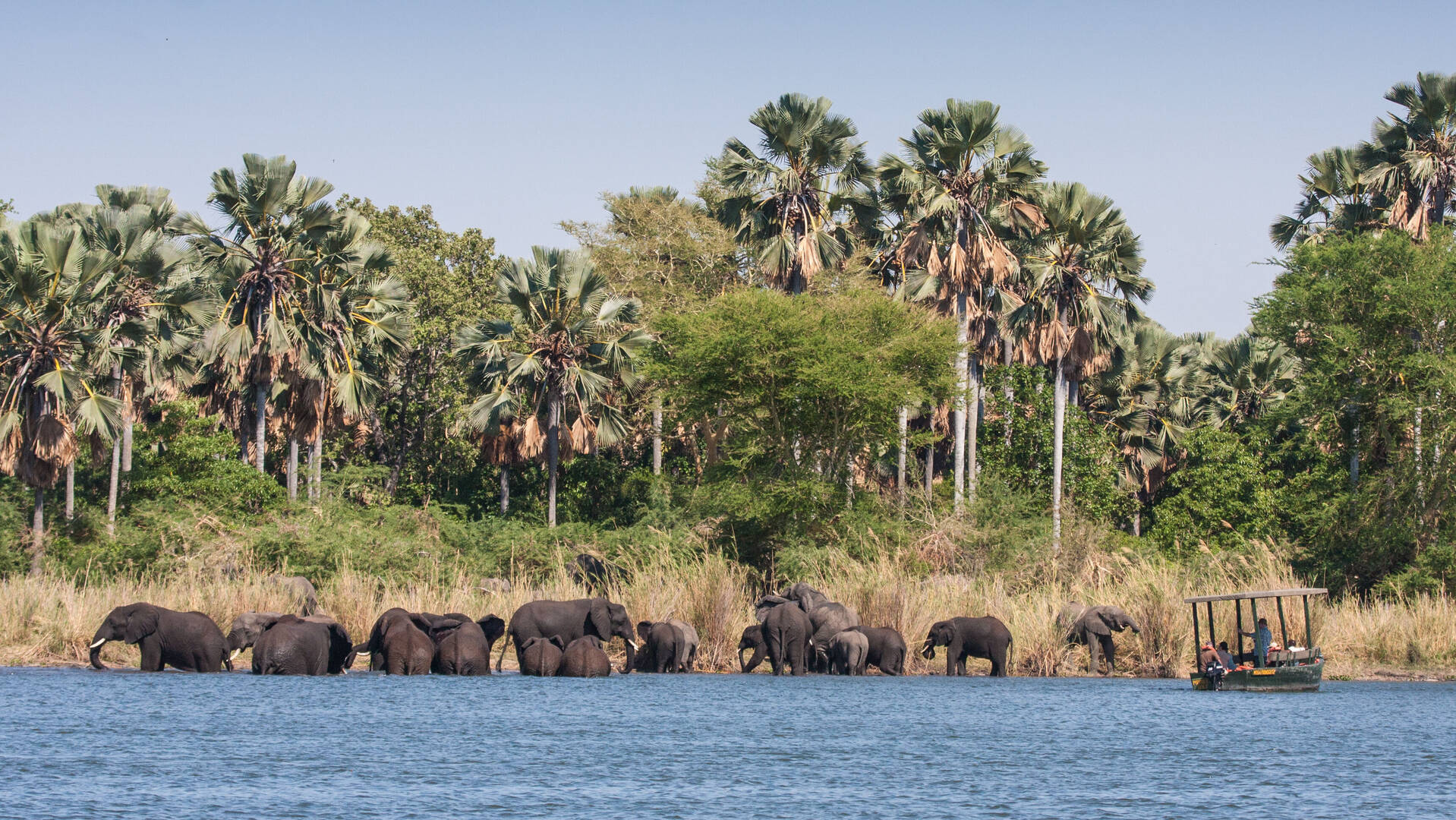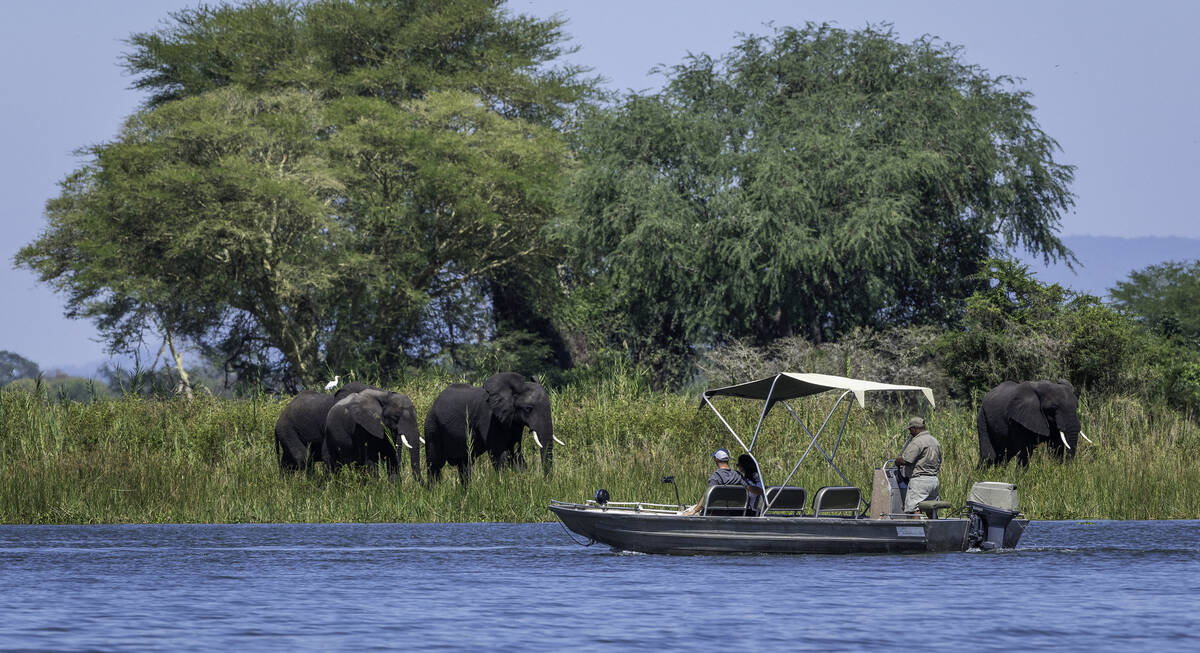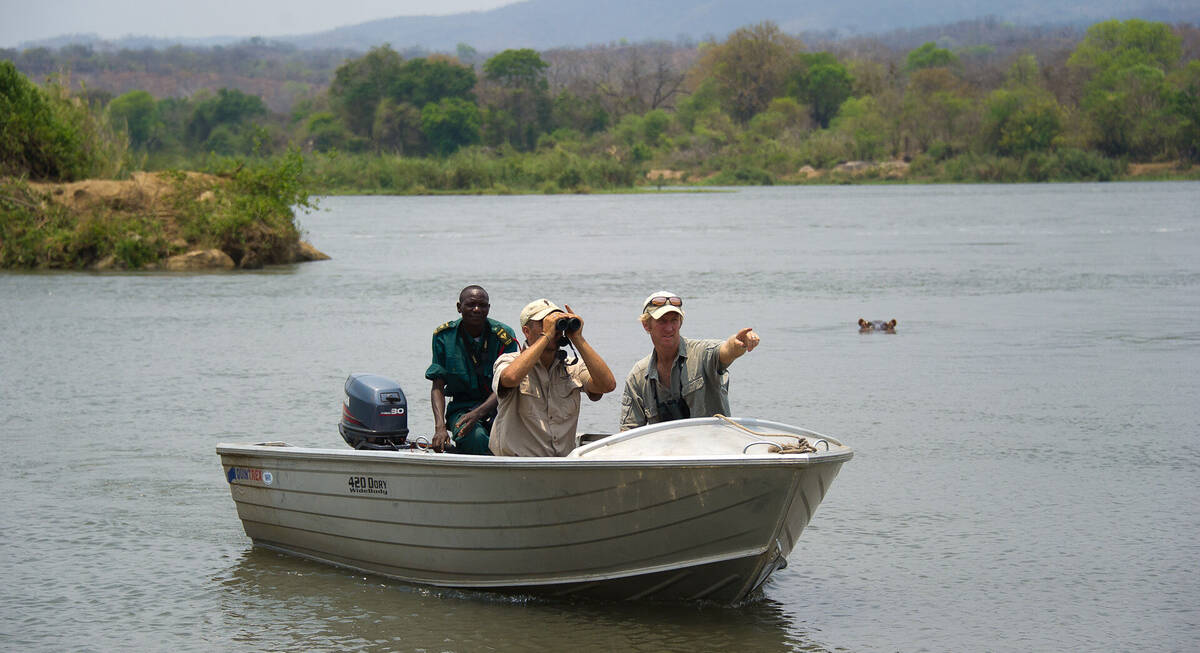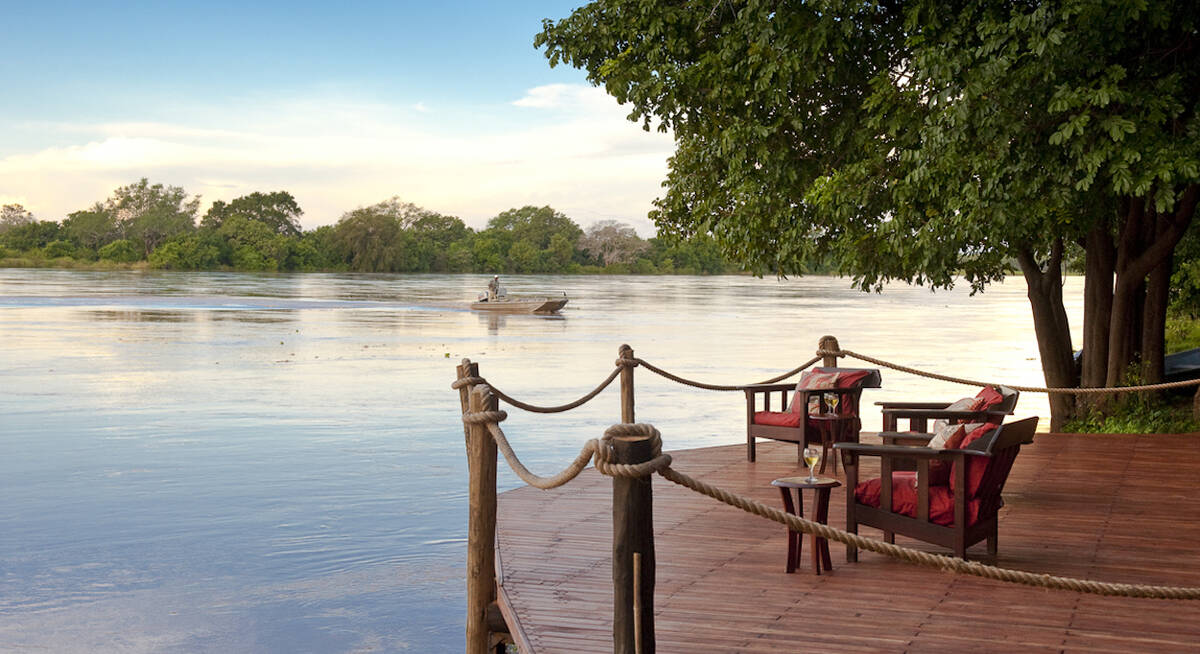HIV infection rates are high; AIDS is widespread in Malawi. This isn't generally an issue for travellers, but they should be aware of the health situation, and take the same sensible safety measures to avoid infection which are wise in most countries. We understand that blood supplies used by Malawi's private hospitals have been carefully screened for numerous years.
Language in Malawi
In Malawi, English is one of the official languages, and spoken by most people; Malawi's second official language is Chicewa.Visas for Malawi
At the time of writing (June 2018)), most nationalities can buy a visa for Malawi on arrival at a cost of U$75 per person. Ask us for guidance and check with your nearest Malawi Embassy or High Commission for the latest detail.Weather and climate in Malawi
Malawi's weather pattern is similar to the climate in Zambia – a mix of wet and dry seasons. Read more about the weather and climate in Malawi here…Our top picks for holidays to Malawi
We'll always tailor-make your Town for you. Here are some of our favourites to inspire you.

Looking for inspiration on where to travel next?
Visit our trip chooser to explore your options and find inspiration for your perfect African adventure
Inspire me






